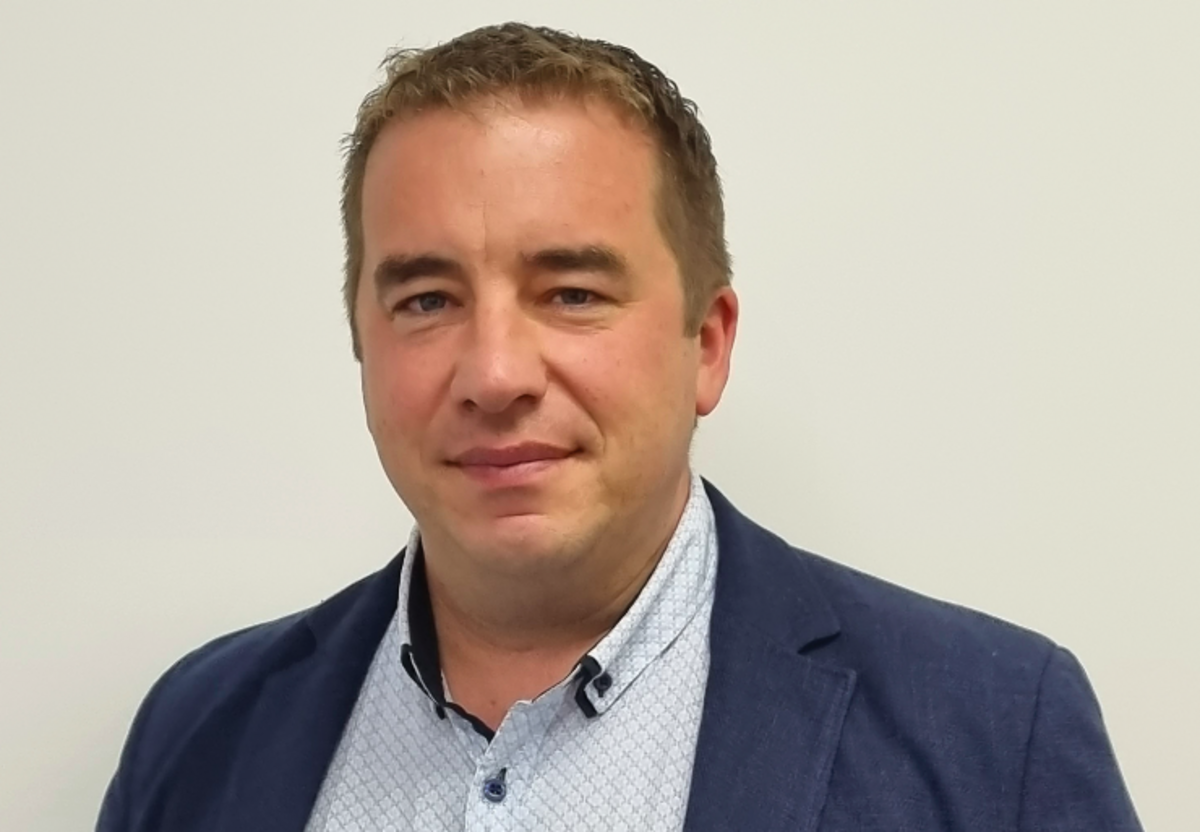Southern cancer services boosted

12 November 2024, 4:04 PM
 Southern Cancer Society head of cancer services Craig Watson
Southern Cancer Society head of cancer services Craig WatsonThe Otago Southland and Canterbury West Coast divisions of the Cancer Society have merged to become the Southern Cancer Society.
Southern Cancer Society head of cancer services Craig Watson said this will mean equitable access to support services across the regions, maximising of the donor dollar, and a stronger advocacy voice.
The newly formed Southern arm has also launched a new online tool to provide greater access and choice to people diagnosed with cancer, as well as their whānau and supporters.
Craig Watson said the tool allows families to find the support they need at their convenience.
“Our aim is to make our services easily accessible and convenient to everyone who needs support during their cancer journey,” he said.
“We think this is a fantastic service for our families, especially those who live in more remote areas who might not have accessed our services so easily.
“It will also help those who are unable to drive, are working or have difficulty getting about.”
He said signing up to the navigator of your choice was as simple as clicking on the link.
Via the link visitors can find available services, choose who they think is the best fit and book an appointment accordingly.
Links to Cancer Society and external support groups are also listed in the portal and all educational and informational brochures can be downloaded or read online.
This is the first time the Cancer Society has offered online support for communities, Craig said.
It was created following feedback from the community to say they would like greater choice over how they access support.
Craig said the online portal was complementary to the Cancer Society’s in-person services.
“You can still walk into our centres and clinics off the street or pick up the phone,” he said.
“Our cancer navigators will happily still come see you in your home too. This is about what works for you.”
More than 25,000 Kiwis are diagnosed with cancer each year.
The Cancer Society’s mission is to reduce the impact of a cancer diagnosis via one-on-one emotional and practical support in navigating each case, accommodation for those travelling for treatment, transport to and from treatment and appointments, and counselling and peer-to-peer support.
The organisation also advocates for better cancer outcomes, provides education on prevention, detection and health literacy, and invests in cancer research.
Learn more here.
PHOTO: Supplied





